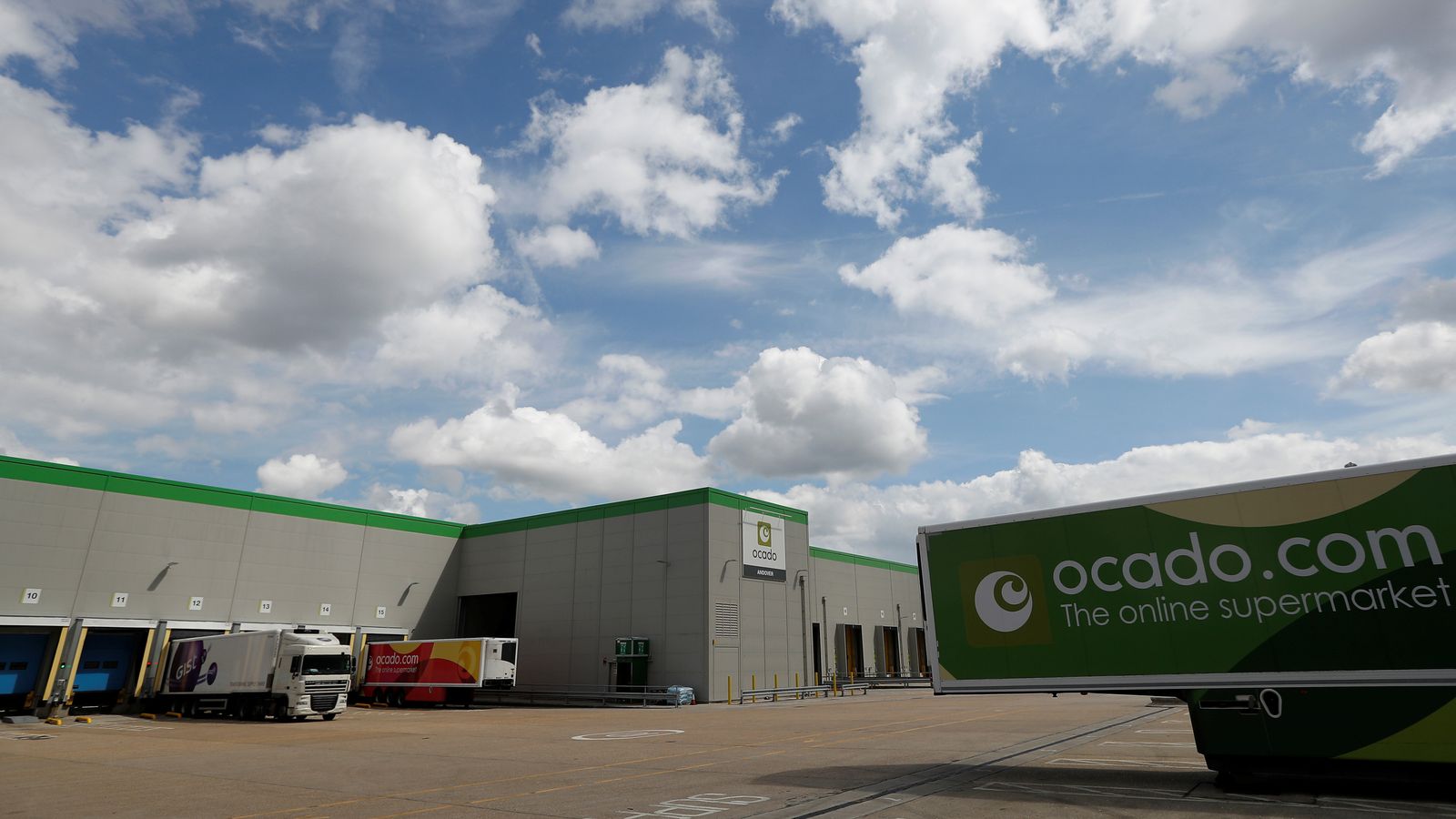A robotics start-up in which the online grocer Ocado is a sizeable shareholder is this weekend on the brink of collapse.
Sky News has learnt that Karakuri, which developed technology capable of assembling ready-meals for food industry clients, is on the brink of filing a notice of intention to appoint administrators.
City sources said that RSM, which has been working with the company for some time, was the likely administrator, with a filing expected as soon as Monday.
Karakuri has been in talks for several months to secure additional funding, and had recently been discussing a rescue deal with Henny Penny, a US-based food-service equipment manufacturer.
Those negotiations are, however, said to have fallen apart in recent days.
If Karakuri cannot find a last-ditch deal to secure financing, its collapse will put at risk roughly 30 jobs and deal a blow to the technology sector at a time when the prime minister has set out an ambition to make Britain a global science superpower.
It will also come in the wake of London Tech Week, the flagship annual event for the UK tech sector.
Thousands of jobs at risk as Ocado announces warehouse closure
The company was founded in 2018 by Barney Wragg, who remains its chief executive.
In a statement issued to Sky News on Sunday, a Karakuri spokeswoman said: “After extensive negotiations with potential investors and acquirers to explore all possible options for the business, we’re sorry to report that Karakuri has been unable to secure the funding required to continue our developments and bring our products to market.
“As a result, as of Monday, we will begin to wind down our operations and are working with external advisors on the next steps.
“We’d like to thank all of those who have supported us on our journey, our investors, customers, suppliers, and most importantly our incredible team.”
Ocado bought a near-20% stake in Karakuri in 2019 for £4.75m – a modest sum which nevertheless reflected the online grocer’s hopes that Karakuri’s technology could serve as a major asset.
Announcing the investment, Ocado co-founder Tim Steiner described its kit as “potentially a game-changer in the preparation of food-to-go”.
Karakuri had also raised funding from a group of venture capital funds.
One leading tech investor said the company’s impending failure underlined the challenges facing British start-ups in sectors such as the one in which Karakuri operates.
“For all the talk of the UK becoming a science and technology powerhouse, this is an example of how difficult it is to get innovative deep tech start-ups funded in the UK,” the investor said.
“Miso in the US raised $115m to date; Karakuri raised less than a fifth of that.
“In many respects Karakuri had more advanced technology and commercial traction – it just couldn’t find investors who believed.”
Nevertheless, Mr Wragg wrote as recently as February that the company had benefited from being founded, and basing its manufacturing operation, in the UK.
“With the right focus on education and the correct incentives for long-term investors, I believe the UK has the potential to become a world leader in smart systems and robotics for many years to come,” he said.








